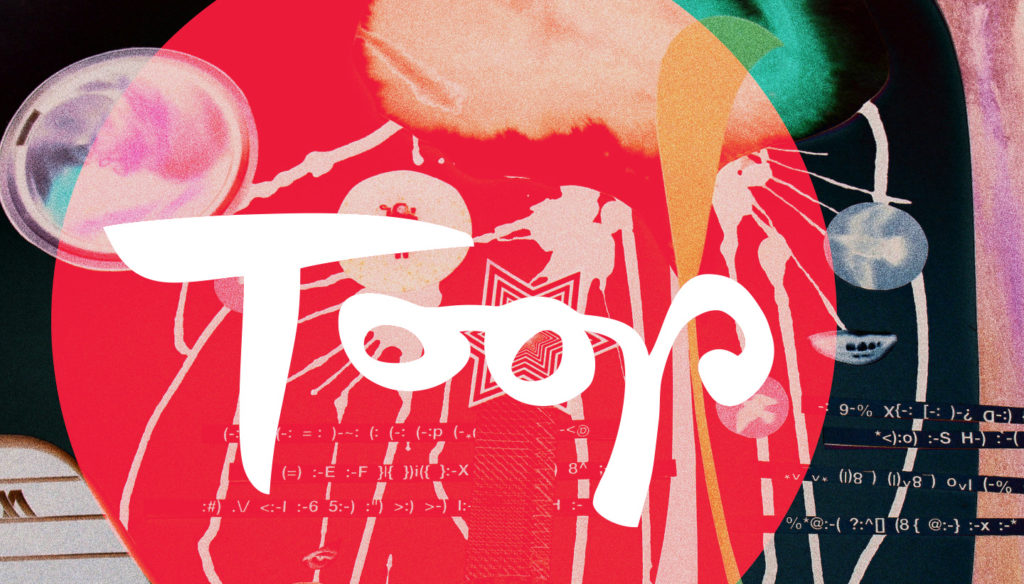Creative Design and Expression
Every now and then it’s therapeutic to take a break from commercial work, to indulge in some playful collage, with no end purpose in mind.
I say it’s purposeless, but in fact pure visual experimentation does have some very important benefits.
Firstly, it’s a break from working to a brief, which allows a different kind of creativity to thrive… because you can just play.
Play is of course an activity that is closely related to creativity. John Cleese spoke eloquently about this in his classic Video Arts lecture on Creativity.
Play in design is important, because it allows visual ideas to form in a more haphazard way, through a less pressured process. It can break a creative block. For it to work, you have to relax. Being stressed is a sure way to shut down creativity.
Graphic design is a complex activity, because it can contain several competing goals – form and function being the obvious ones. In most cases, form follows function. But sometimes you have to break that rule and start with form.
In these collages, there is no function other than to please the eye and mind. They are purely abstract compositions. (Well not quite… they contain the name of our studio).
These collages were created in two stages. First as paper collages – not even glued down, just placed on a table, then photographed. Next, the photographs are cropped in Photoshop, and then manipulated.
I sometimes play a game with other designers – you each start with the same image (it’s best if it’s a complex collage or an image with lots of detail) and then you can zoom, rotate, crop and recolour the image in any way you like. The object of the game is to try to find the most pleasing composition. It’s a kind of visual training – it sharpens the eye. I’ve found that I tend to favour more complicated compositions compared to some of my peers. I don’t think I’m a natural minimalist.
Ever since I first began experimenting with Photoshop back in the 1990s, I was always particularly fascinated by the power of the layer filters (a little drop down menu of image filters that affects the image layers beneath; such as Multiply, Overlay, Soft Light, Hard Light, Screen etc).
Even after twenty years, I still find those Photoshop layer filters have a kind of magical effect on images – probably because they alter them so dramatically and in such unexpected ways.
I have always found the most interesting results come from a combination of hand-made and digital tinkering.
The only problem is knowing when to stop. Playing with collages in Photoshop is so addictive, before you know it you’ve blown a whole day. And that mortgage won’t pay itself …
The collages shown in this article were created several years ago by Shadric Toop from old cut-up copies of Creative Review, and then tinkered with in Photoshop (over far too many hours) on Tuesday 26 April 2016.












